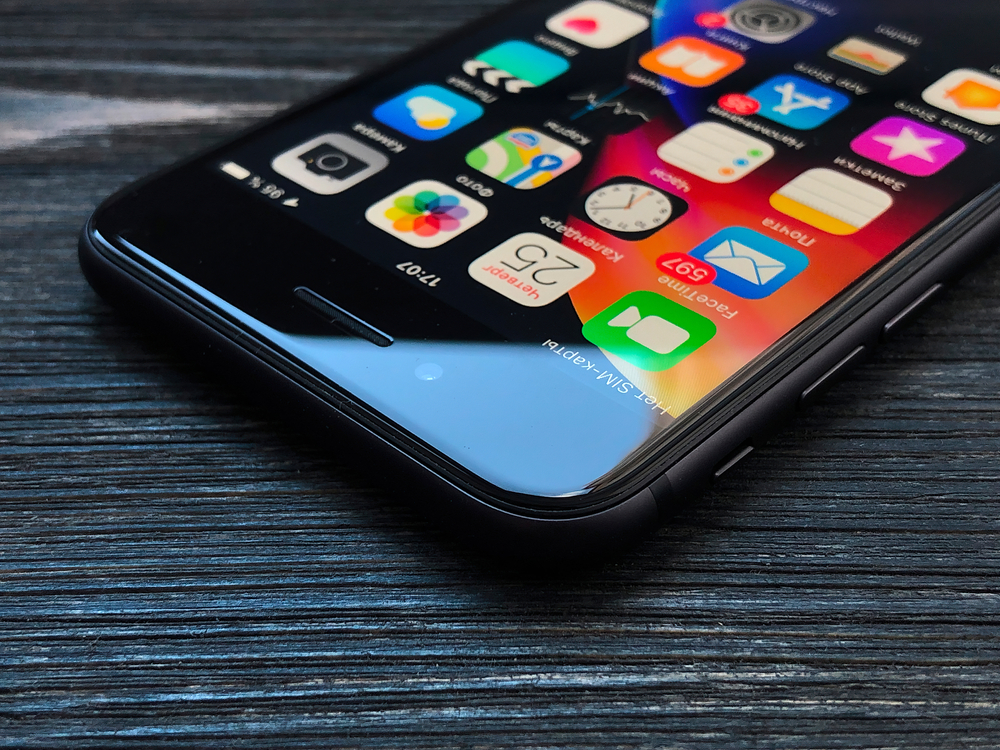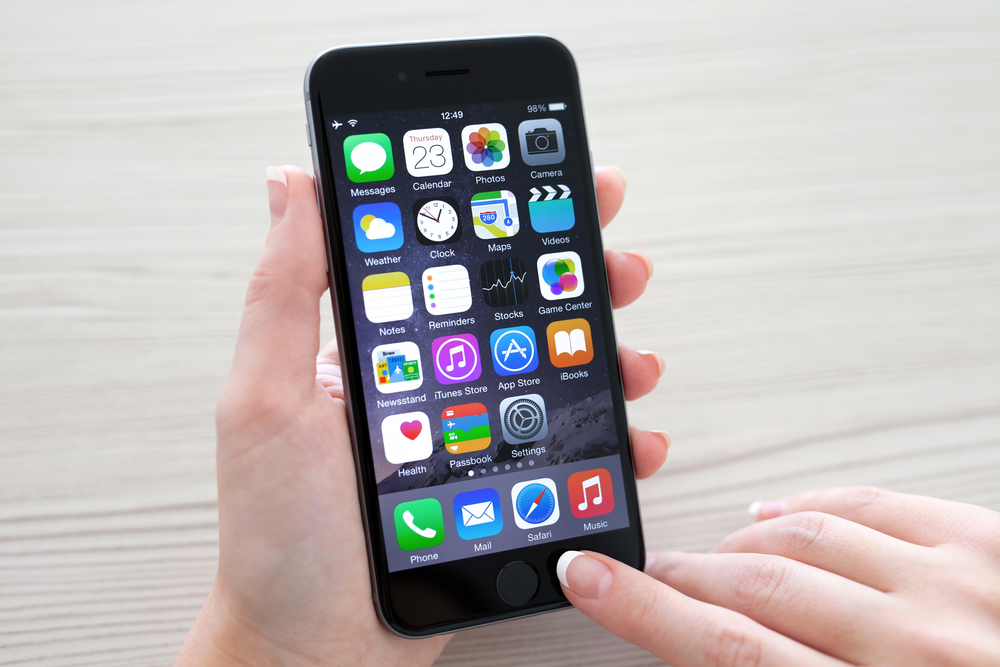
Mastering Mobile App Marketing: Expert Tips and Tricks for Successful Promotion

As the mobile app industry continues to grow at an overwhelming pace, developers are faced with a unique but welcomed challenge: how to market their apps effectively. With millions of apps vying for users' attention in app stores, standing out from the crowd and attracting loyal customers has become crucial for success. In this article, we will explore expert tips and tricks for mastering the art of mobile Android or iOS app marketing.
1. Define Your Target Audience
Before diving into the intricacies of app promotion, it is essential to clearly define your target audience. Understanding the demographics, preferences, and pain points of your potential users will help you tailor your marketing efforts to reach the right people.
Start by conducting thorough market research to identify your target audience's characteristics. Consider factors such as age, gender, location, and interests. Additionally, analyze your app's features and benefits to determine which user segments would find it most useful.
Once you have a clear understanding of your target audience, leverage various marketing tools and platforms to reach them effectively.
2. Optimize Your App Store Listing
The app store listing is the first interaction users have with your mobile Google Play or App Store app , making it a critical component of your marketing strategy. To maximize visibility and attract potential users, optimize every element of your app store listing.
Start with keyword research to identify the most relevant and high-performing keywords for your app. Incorporate these keywords strategically throughout your app's description, title, and metadata.
Additionally, use high-quality screenshots and videos to showcase your app's features and user experience. Be sure to highlight its unique selling points, enticing potential users to download and try it for themselves.
Regularly update your app store listing with new content, such as customer reviews and ratings, to improve its ranking and credibility among users.
3. Leverage App Store Optimization (ASO)
App Store Optimization, or ASO, is a set of practices aimed at improving your app's visibility and ranking in app store search results. By optimizing your app's ASO, you can increase its organic downloads and attract relevant users.
Start by optimizing your app's title and description with targeted keywords. Focus on including keywords that potential users are likely to search for when looking for apps similar to yours.
Encourage positive reviews and ratings from satisfied users. Positive ratings contribute to your app's overall ranking and credibility, making it more appealing to potential users.
Regularly monitor and analyze your app's performance using ASO tools. These tools provide valuable insights into your app's visibility, keyword rankings, and user reviews, helping you refine your marketing efforts.
4. Implement Influencer Marketing
Influencer marketing has become a popular and effective strategy for promoting mobile iOS or Android app s. Collaborating with influential individuals in your app's niche allows you to tap into their loyal follower base and leverage their influence to drive app downloads.
Identify influencers who align with your target audience and app's purpose. Reach out to them and propose a mutually beneficial collaboration, such as a sponsored post or a dedicated app review.
Ensure that the influencers' content aligns with your app's message and values. Authenticity is key in influencer marketing, as users trust influencers who genuinely endorse products they believe in.
Track the performance of your influencer partnerships by monitoring app downloads, engagement metrics, and user feedback. Adjust your influencer marketing strategy based on the results to maximize its impact.
5. Create Engaging and Shareable Content
Content marketing plays a fundamental role in promoting mobile App Store or Google Play app s. By creating engaging and shareable content, you can attract and retain users, as well as increase your app's visibility and reach.
Start by developing a content marketing strategy that aligns with your app's unique selling points and target audience's interests. Consider creating blog posts, videos, infographics, or podcasts related to your app's niche.
Promote your content on various platforms, such as social media, industry forums, or relevant blogs. Encourage users to share your content by making it informative, entertaining, or valuable in some way.
Regularly update your app's blog with relevant and valuable content to keep users engaged even after they have downloaded your app. This will also help with App Store Optimization, as fresh content contributes to your app's ranking.
Frequently Asked Questions
1. How long does it take for mobile app marketing efforts to show results?
The timeline for seeing results from your mobile app marketing efforts depends on various factors, including your app's niche, competition, and marketing strategy. It is essential to set realistic expectations and consistently monitor and analyze your app's performance to make informed adjustments.
2. Should I focus more on organic or paid user acquisition?
Both organic and paid user acquisition strategies have their benefits. Organic user acquisition refers to users who discover and download your app without any direct advertising or paid promotions. Paid user acquisition involves investing in app promotion through advertising campaigns. Your approach should depend on your app's goals, budget, and target audience. A balanced strategy that combines both organic and paid acquisition can often yield the best results.
3. How can I encourage users to provide positive reviews and ratings?
Encouraging users to provide positive reviews and ratings requires a proactive approach. Firstly, ensure your app offers an excellent user experience, meets user expectations, and addresses any pain points. Prompt users to rate your app within the app itself, using subtle and non-intrusive prompts. Respond to user reviews, both positive and negative, in a timely and professional manner. Finally, consider offering incentives, such as exclusive content or discounts, in exchange for reviews and ratings.
4. Which social media platforms are best for mobile app marketing?
The choice of social media platforms for mobile app marketing depends on your target audience and app's niche. Platforms like Facebook, Instagram, Twitter, and LinkedIn are popular choices for reaching a broader audience. However, platforms like TikTok and Snapchat may be better suited for apps targeting a younger demographic. Research your target audience's preferred social media platforms and focus your marketing efforts accordingly.
5. How important is localization in mobile app marketing?
Localization plays a crucial role in mobile app marketing, especially if you are targeting a global audience. Adapting your app's language, content, and user experience to the local culture and preferences of your target markets can significantly increase its appeal and engagement. Localization also includes optimizing your app store listing for different languages and regions, maximizing its discoverability and relevance in international app stores.
Mastering mobile app marketing requires continuous effort and adaptability. By defining your target audience, optimizing your app store listing, leveraging ASO, implementing influencer marketing, and creating engaging content, you can significantly increase your app's visibility, downloads, and loyal user base.
Other useful resources
- https://en.wikipedia.org/wiki/App_store
- https://en.wikipedia.org/wiki/IOS
- https://www.appguru24.com/apps-directory/android/